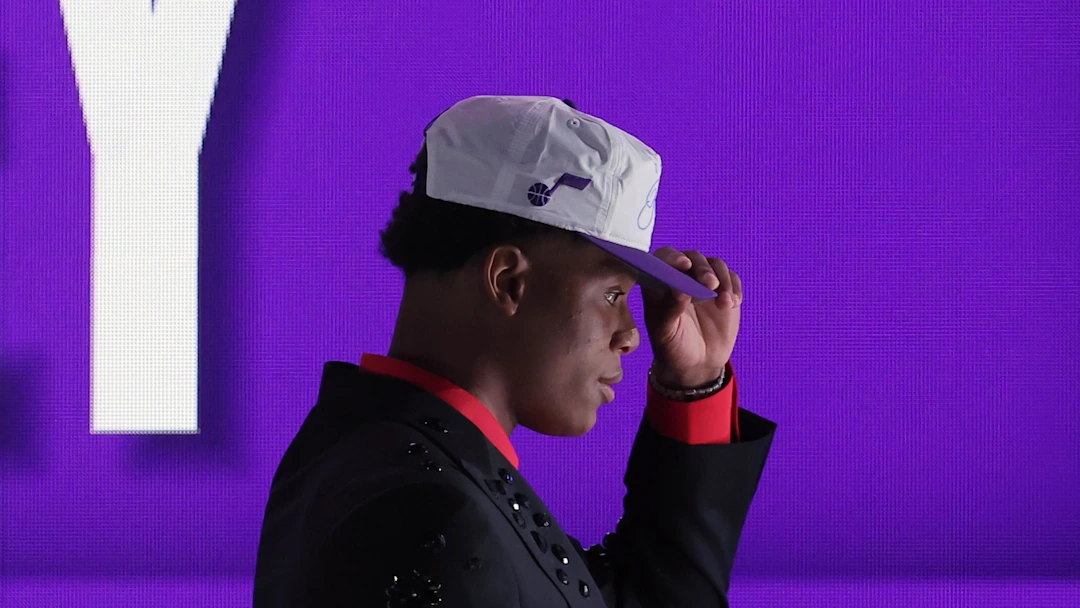
Ace Bailey
Ace Bailey: The Audacity to Choose
Many people have a problem with the fact that Ace Bailey didn’t attend workouts for specific NBA teams. Which is a nice way of saying, “I don’t want to be drafted by you.” The Utah Jazz was one of those teams; however, the Jazz still selected Ace Bailey with the fifth overall pick.
There has been much debate about whether Ace Bailey deserves the right to choose where he wants to play. This discussion has become heated because he has indeed earned that right. If he hadn’t, there wouldn’t be so much pushback or conversation surrounding the issue. Millions of basketball players dream of simply getting a chance to enter the NBA. For Bailey to establish himself as a top-three talent in the draft is not only impressive but also significant.
Here’s the problem.
The real issue here isn’t just about basketball. It’s about control. And more specifically, about who is allowed to have it. Society often expects Black athletes just to be grateful. Grateful for the exposure, the opportunity, the paycheck. When Fox News host Laura Ingraham told LeBron James to “Shut up and dribble” in response to his political commentary, she wasn’t just speaking for herself. She was vocalizing a mindset that still lingers in sports media and ownership circles: Black athletes should entertain, not think. They should comply, not resist.
They’re expected to be seen but not truly heard. They’re supposed to say “yes, sir” and not “no, sir.” And when they don’t, they’re villainized.
Eli Manning refused to play for the San Diego Chargers. The Charges had the number one overall pick in the 2004 NFL Draft. The Chargers drafted Eli and quickly traded him to the New York Giants, and the story was written off as a savvy business move. There was no media frenzy, and no questioning of his character.
When Do We Hold NBA Owners Accountable?
Let’s talk about the Utah Jazz for a moment. A team who haven’t exactly been in a rush to put a winning product on the floor. Their rebuilding process appears more focused on accumulating assets than competing for championships. Why shouldn’t Ace Bailey—a young man with immense potential and a short professional window—want to avoid a franchise with no clear direction?
It’s time we start holding ownership groups to the same standard we have players. If franchises can tank seasons, flip rosters, and discard coaches with impunity, why can’t a player take control of his destiny?